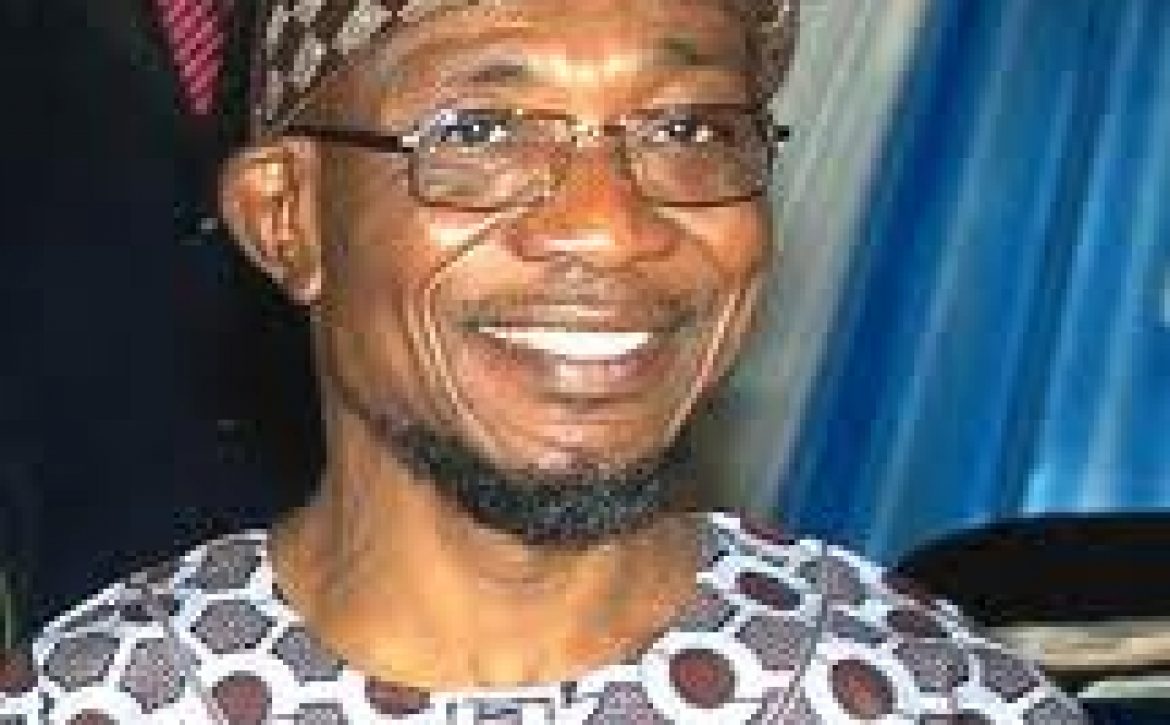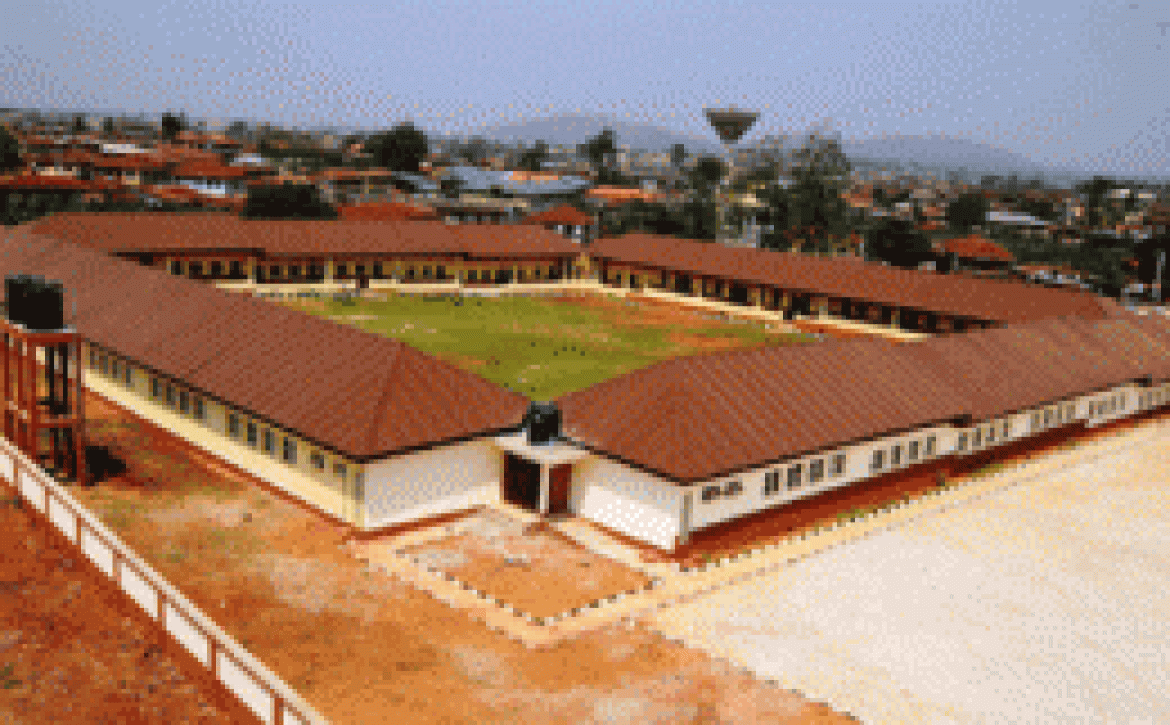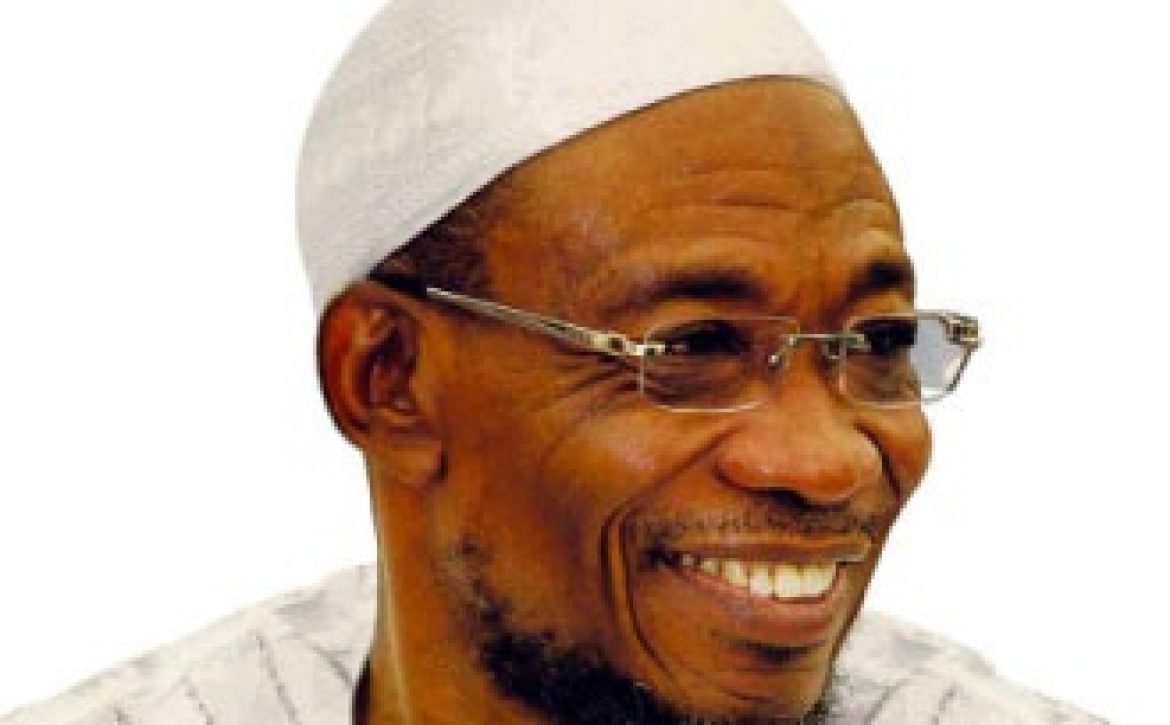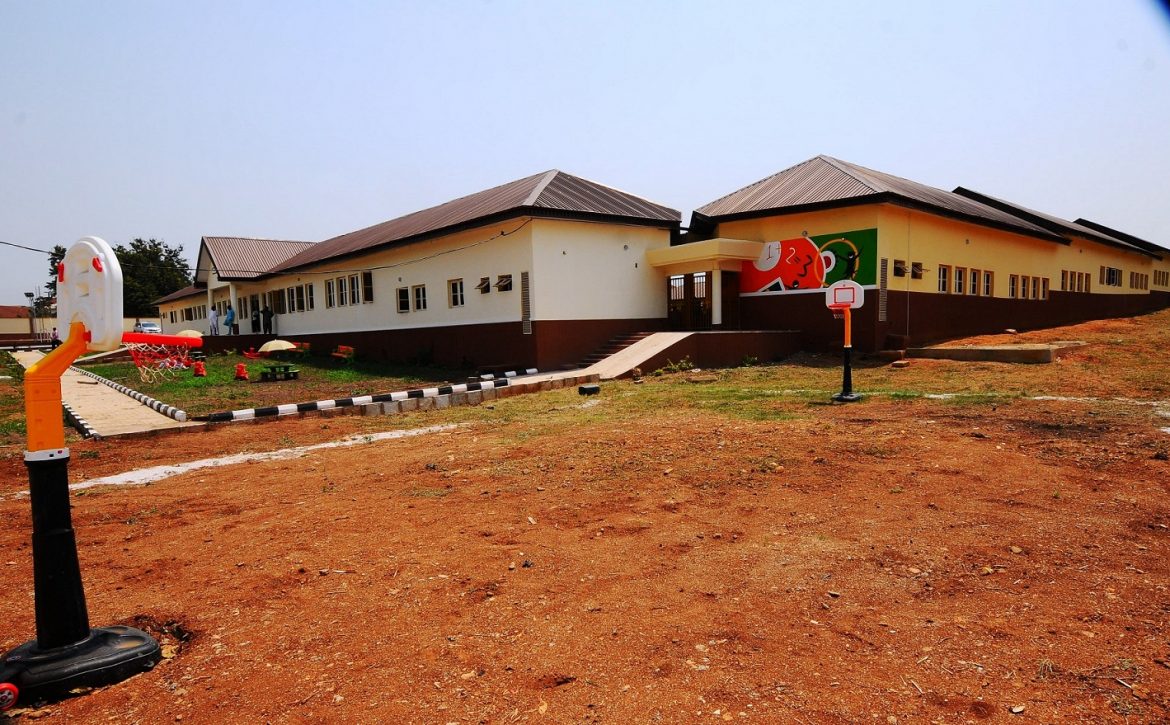 Of all the policies and programmes of the three and a half-year-old administration of Governor Rauf Aregbesola of Osun State, the new education policy has undoubtedly become the most controversial and most criticized by a section of the public.
Of all the policies and programmes of the three and a half-year-old administration of Governor Rauf Aregbesola of Osun State, the new education policy has undoubtedly become the most controversial and most criticized by a section of the public.
There is no doubt that Aregbesola, on assumption of office in November, 2010, pledged to promote all the three major religions in the state viz, Christianity, Islam and traditional religions. This has made the state unique among the states of the federation as prayers are said in all the three religions at any public forum.
There are, however, early signs that all may not be well with the new policy as students of Baptist Girls High School, Osogbo and Fakunle Comprehensive High School, also in Osogbo, protested the merging of the schools, leading to breakdown of law and order before government intervened. Just as the dust raised in the schools in Osogbo are settling, a Principal at Baptist High School, Ejigbo was beaten black and blue by students suspected to be Islamic fundamentalists over the alleged stand of the head teacher on the use of hijab by Muslim female students.
The matter, however, last week, took a different dimension as students of another Baptist High School in Iwo appeared in different clothes with some appearing as masquerades while Christians appeared in choir gowns and Muslim students in hijab all singing songs that correlated with their faith.
The Old Students Association of the school kicked against the use of hijab by female Muslim students.
President of the association, Professor Oyesoji Aremu, who spoke at a press conference in Iwo, said the use of hijab by female students would kill the legacies of the school, noting that the school, founded by missionaries, has great legacies which could be tampered with if female students are allowed to use hijab.
Speaking in the same vein, the Old Students Association of Ilesa Grammar School, Ilesa, advised Aregbesola to review the policy of his administration on education as it affects the change in the nomenclature of the schools.
”Ilesa Grammar School is a unique school with a unique history that should not under any guise or circumstance be tampered with or mutilated in any form. Established 80 years ago, the school has a place in history as the first grammar school in Ijesha land and the first of its kind in the present Osun State. How and why on earth should we toy with the idea of committing such a monumental chapter of history and heritage of the people to the dung-hill?”, the association said.
”If Oxford University and Harvard University could be allowed in that clime to survive the vagaries of modernization and civilization over centuries, why can’t we borrow a leaf from there and situate Ilesa Grammar School in the same bracket”.
However, in an attempt to resolve the situation and bring sanity back to Baptist High School, Iwo, the state government invited the parents of the students to a peace meeting and also set up a panel of inquiry to investigate the cause of the crisis in the troubled school.
But, the Baptist Conference in Osun State, which claimed to be the founder of the school, directed all Christian students to continue to wear religious garments to the school, saying the decision had the backing of the state chapter of the Christian Association of Nigeria (CAN).
The Osun Baptist Conference directed parents and guardians of 92 students of the school believed to be the masterminds of the crisis in the school to appear before a disciplinary committee set up by the state government to look into the crisis.
The state governor’s spokesperson, Semiu Okanlawon, had, in a statement, said the decision of the government to invite the parents of the students was to find amicable solution to the problem, adding that the panel of inquiry would comprise of representatives of the All Nigerian Conference of Principals of Schools (ANCOPS), Nigeria Union of Teachers (NUT), Parent Teacher Association (PTA) and community leaders with the officials of the state Ministry of Education.
Aregbesola stormed the troubled school and declared that his government neither approved nor disapproved of the use of hijab in any school, saying that his government, being a product of the rule of law, is guided by law.
”We are a product of the rule of law and this has guided all our actions. As we have said in the past, we have not approved the use of hijab in any school. Let me repeat this again to the hearing of mischief-makers who have been working tirelessly to bring religious war to our state”, the governor said.
”Those prompting chaos and conflagration in our state; those who have well established antecedent of violent behaviour; those sowing the seed of discord in our schools and community and inciting one religion against another, as we have said in the past, government did not at any time approve the use of hijab in any school, before the matter went to court. It is the court’s position that the status quo ante be maintained until the case is determined. It is the court’s position that the status quo ante be maintained until the case is determined.
”Yoruba people have a tradition of accommodation and inclusion; that is why our families are interwoven around all religions. Some people, goaded from hell, however, are working to break our bond of unity by beating the drum of religious war. They will fail and only they and their families will dance to that evil beat.”
Rev Bayo Ademuyiwa, who spoke on behalf of Christians at the occasion, said, “We are in support of programmes and policies of government on education since the last three years.
We also express our disappointment over the crisis playing out in Baptist High School for sometime. We want to tell government that we are lovers of peace and we abhor disunity.”
Alhaji Idris Magaji, on behalf of Muslim parents, said the three religions have the responsibility to fight indecent dressing and promote love and unity among students regardless of faith.
Mr. Ifawole Anifalaje, who spoke on behalf of the traditional religious worshippers, prayed peace to reign in the community and that the vision of the Aregbesola administration for quality education be realized.
With the visit of the leader of APC, Senator Bola Tinubu, to Osogbo, last week, it is expected that the issue will be finally laid to rest.
VANGUARD
 Osun Youth Empowerment Scheme is a revolving 2-year volunteers scheme introduced on the 17th day of December, 2010 by Ogbeni Rauf Adesoji Aregbesola in less than 100 days as governor in fulfillment of a manifesto promise earlier made to the people. The OYES scheme empowers 20,000 volunteers across the state’s 31 Local Government Areas including Ife East Area Office. Ultimately, the scheme aims at empowering 80,000 or more volunteers in 8 years.
Osun Youth Empowerment Scheme is a revolving 2-year volunteers scheme introduced on the 17th day of December, 2010 by Ogbeni Rauf Adesoji Aregbesola in less than 100 days as governor in fulfillment of a manifesto promise earlier made to the people. The OYES scheme empowers 20,000 volunteers across the state’s 31 Local Government Areas including Ife East Area Office. Ultimately, the scheme aims at empowering 80,000 or more volunteers in 8 years.








































